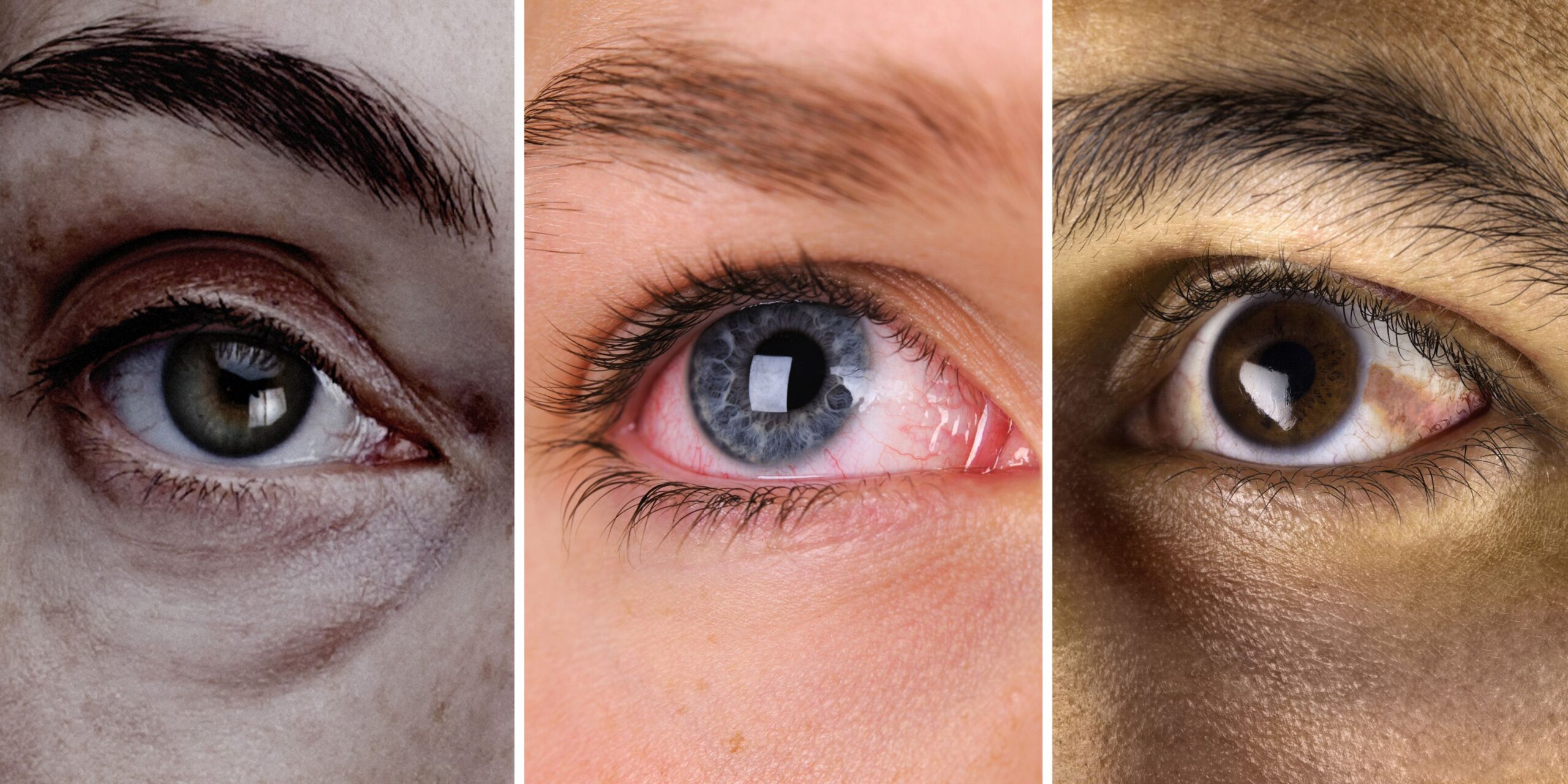MINIMIZE YOUR RISK OF DEVELOPING CATARACTS

Reduce The Odds Of Developing Cataracts
Minimize UV Exposure
Ultra-violet (UV) waves are a form of radiation emitted from the sun. UVA and UVB rays cause damage to the eyes, including photokeratitis (sunburn of the eyes), cancer, and an increased risk of cataract development. To protect your eyes from UV rays, wear UV-blocking eyeglasses or sunglasses anytime you go outside, even in winter. UV rays are present during every season and even on cloudy days, so wearing UV-blocking eye protection always benefits your eye health. Learn more about UV rays by reading The Effects Of UV Rays On Your Vision And How To Protect Yourself.
Eat Well
A diet balanced with vitamins and nutrients benefits the health of your eyes. Vitamin A, vitamin C, and vitamin E are particularly beneficial for preventing cataracts, although including a variety of vitamins and healthy fats is good for your overall eye health. Deficiencies in certain vitamins increase your risk of developing eye conditions and optometrists recommend maintaining a healthy diet rich in fruits and vegetables of all kinds and colours.
Quit Smoking
People who smoke tobacco are 3 times more likely to develop cataracts than those who don’t. Smoking has also been linked to increased risk of other eye conditions.
Reduce Alcohol Consumption
High rates of alcohol consumption increase your risk of developing cataracts. The metabolism of methanol (found in low levels in alcoholic beverages) increases the number of free radicals in your eyes, which are one of the main causes of cataract development.
Get Regular Eye Exams
When you visit your optometrist regularly, they can monitor your eye health and detect the early development of any conditions. If you start developing cataracts, your eye doctor can establish a cataract management plan and can monitor the progression of cataracts. If your cataracts begin to impede your vision, you may need an updated eyeglasses prescription from your optometrist, and your optometrist will let you know if or when they recommend cataract surgery.
Cataract Detection During An Eye Exam
You likely won’t notice when you first begin developing cataracts since this condition progresses slowly. Your eye doctor will be able to detect the first signs of cataract development before your vision becomes affected. When you go for a comprehensive eye exam, your eye doctor will screen for cataracts as well as a variety of other eye conditions. If cataract development is detected, your optometrist will develop a cataract management plan with you and will monitor your cataract progression. To book an eye exam with one of our eye doctors, contact My Optometrist at one of our three locations at Health First in SE Calgary, Sunridge in NE Calgary, or Three Hills, AB. You can also call us or fill out the online contact form.
FAQ
Q: Can vision impairment caused by cataracts be reversed?
A: Yes, cataracts are one of the few eye conditions that will affect your vision but not your eye health. If your cataracts progress to the point where vision is impaired, cataract surgery can be used to remove the cataract and restore vision.
Q: Will I need cataract surgery?
A: Not necessarily. Some people do require cataract surgery to restore vision, but if your cataracts are managed and progression slows, you may be able to go your whole life without cataract surgery. Your optometrist may recommend eyeglasses to correct some cataract-caused vision impairment.
Q: Why do cataracts make vision appear cloudy?
A: Clouding of the lens behind the iris usually develops due to the clumping of natural proteins in the lens. Normally, these proteins are organized in such a way that the lens remains clear, and light is not blocked from entering the eye. However, as we age, the protein components of the lens tend to fuse together, forming a cloudy area.
